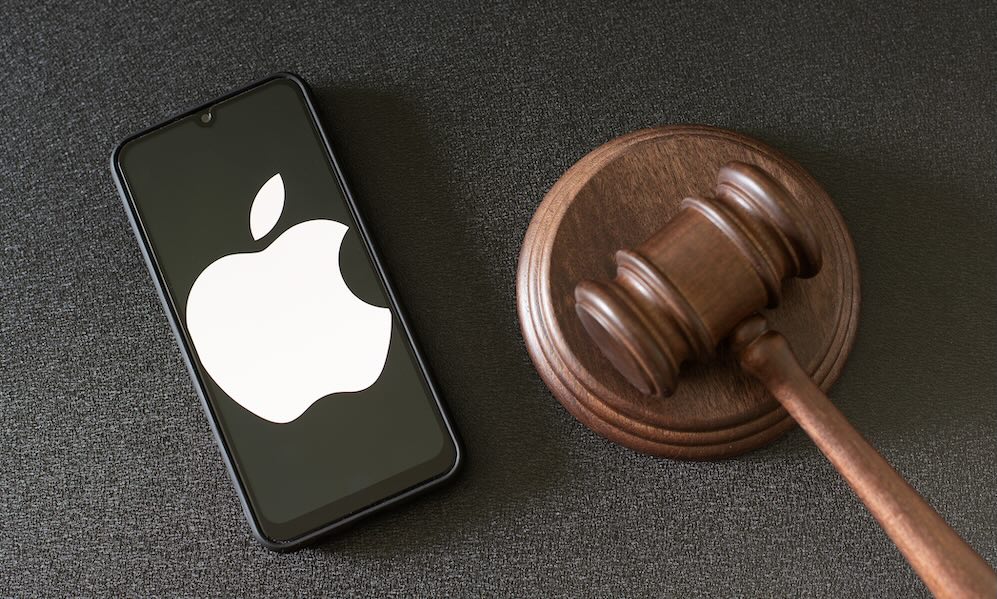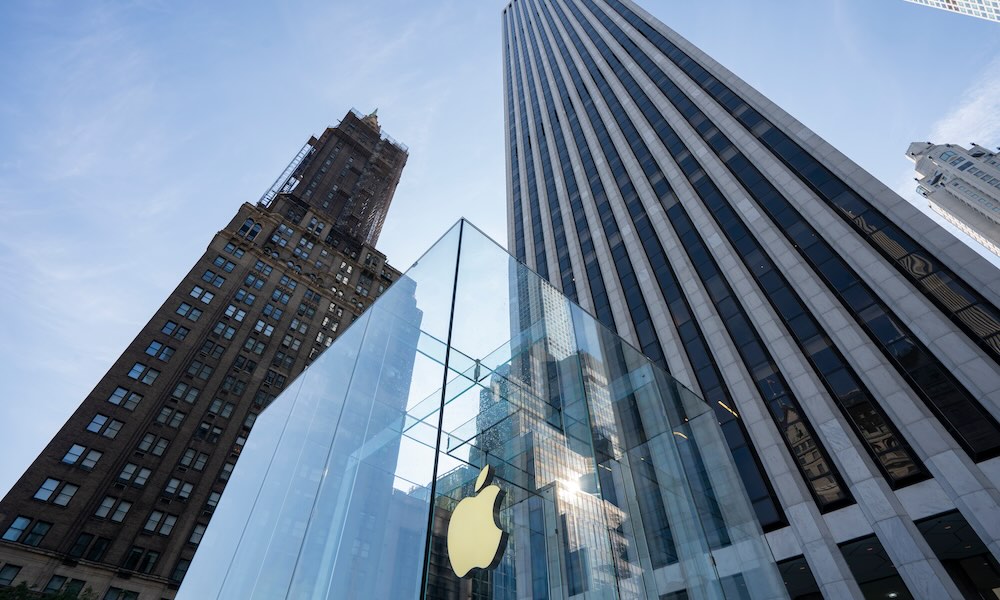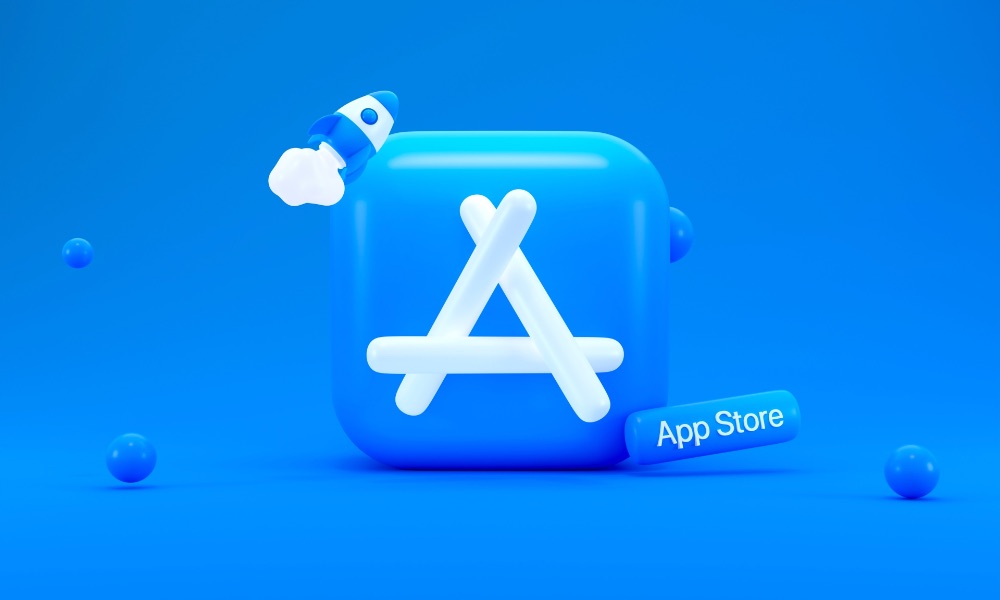Developers’ New App Store Freedoms May Be Short-Lived

Toggle Dark Mode
It’s no surprise that Apple wasn’t happy after it got smacked down by a US District Judge last week. The day after the decision, it issued a statement stating that it “strongly disagree[d] with the decision” and that, while it would abide by the court’s order, it also planned to appeal it.
Apple was true to its word in complying — Spotify, Amazon, and others released app updates with commission-free external purchase links unopposed by Apple — but it also doesn’t look like it plans to do that any longer than it has to.
By Monday, Apple had filed its appeal of the ruling. However, since that could take years to work its way through the courts, it’s also filed a motion to stay the injunction until its appeals are exhausted.
If successful, this would effectively nullify Judge Rogers’ ruling that has forced it to allow developers to bypass its in-app purchasing system — and the 30% commission that goes with it. It’s unclear if this would set the way-back machine to the time before Judge Rogers’ initial injunction in the Epic Games case or simply bring that one back into effect.
Either way, the results won’t be good for developers, who could find their apps pulled from the App Store until they remove external purchasing methods or apply for an “entitlement” and agree to give Apple a cut of the sales.
It feels like history is repeating itself. The injunction Judge Rogers issued last week mostly restated the one from her original 2021 ruling, which she said Apple had failed to comply with. The new injunction had some additional limitations as a result of Apple’s attempts to skirt the original one, but the spirit of it was essentially the same.
That 2021 ruling declared Apple’s “anti-steering” rule anti-competitive under California law. This was Apple’s bizarre longstanding policy that prevents developers like Netflix and Spotify from even telling users that they can sign up and pay on the service’s website, much less providing links or buttons to let them do so. Judge Rogers ordered a stop to those restrictions, ordering Apple to allow developers to put in any external purchase links or buttons they saw fit.
Apple appealed that 2021 injunction almost immediately and won a stay that allowed it to return to business as usual without making any changes. Judge Rogers heard the motion first and denied it, ruling that Apple was seeking “an open-ended stay with no requirement that it make an effort to comply.” However, the Ninth Circuit Court of Appeals agreed that Apple needed more time and pressed the pause button on Judge Rogers’ order.
In 2023, the appellate court upheld Judge Rogers’ ruling, which Apple ironically declared a ‘resounding victory’ as it had continued to prevail on nine out of the ten claims Epic had made against it. However, that pesky tenth claim was still a problem, as it was the one that resulted in the injunction prohibiting Apple from blocking developers’ ability to direct their users to other purchasing methods. The Ninth Circuit Court decision would have effectively put the injunction back into play, but the stay also remained in place as Apple appealed the decision to the Supreme Court. When the nation’s highest court refused to hear the case in January 2024, the injunction came back into effect.
However, Apple had a weird way of complying with the injunction. It used Judge Rogers’ statement from the original ruling that Apple may be entitled to some commissions while adding that the 30% rate appeared inflated “and is potentially anti-competitive.” So, Apple decided it could get away with charging developers 27% instead for payments through external links. It also required developers to apply for permission to use external links and set up a complicated auditing and tracking system where they’d have to report their revenues to Apple so it could determine if it was getting its “fair” share.
Judge Rogers was not amused. In an 80-page decision, she excoriated Apple with some of the strongest language you’ll ever read in an official court document. Apple was slammed hard for not only finding every way to avoid properly complying with her original injunction but also playing FAFO with her court, with carefully constructed evidence and even outright lies that forced her to order new documents produced and a second set of hearings to review them.
The judge issued a new injunction that reinforced all the terms of the old one while adding that Apple was also prohibited from collecting any commissions whatsoever on external purchases or creating other “barriers to competition,” such as “scare screens” that would discourage users from following external links, thereby preserving Apple’s control over the App Store.
The Kingdom of the Apple Ecosystem
This kind of control is ultimately the heart of the issue. In the recent motion for a stay of this latest injunction, Apple spelled out in no uncertain terms that it’s unwilling to give up that control, nor does it feel it should be forced to/
Without a stay, these extraordinary intrusions into Apple’s business will cause grave irreparable harm. Depriving Apple of control over core features of the App Store is, standing alone, sufficient to warrant a stay. The new rules profoundly undercut the integrated iOS ecosystem that this Court sustained as lawful and that is the foundation of user trust and confidence in the App Store. The district court acknowledged that compliance will cost Apple “hundreds of millions to billions” of dollars annually, which Apple can never recoup.
In the motion, Apple goes on to say that consumers would “suffer from the destabilizing effects of the new injunction” and accused the whole thing of being Epic’s attempt to “use competition law to change how Apple runs the App Store.”
Apple also claims that the court is forcing it to “give away free access to its products and services, including intellectual property,” and unlawfully “setting conditions for link placement and language” on what it considers to be its platform. It even goes so far as to cite First Amendment rights, saying the courts are violating those by requiring Apple to “accommodate messages it would prefer to exclude.”
From Apple’s language, the fundamental problem seems to be that it genuinely believes the entire iPhone and iPad platform is its kingdom. Developers create apps that run on these devices solely at Apple’s pleasure and must pay obeisance to be allowed to live on its lands. Apple feels that everything you see in a third-party app is an extension of its iPhone and iPad operating system and should, therefore, be entirely under its control.
Apple maintains that it complied with the terms of the initial injunction, and Judge Rogers erred in saying it “flouted the Court’s order.” It argues that the new injunction should be declared invalid because it was erroneously issued — in short, that Judge Rogers exceeded her authority and that US courts do not have the authority to limit Apple’s business in these ways based on both the US Constitution and legal precedent, which prohibit courts from setting prices for its products and services.
The argument here might ultimately come down to whether Apple’s App Store commissions are considered a fee for Apple’s products and services. From the start, Apple has maintained that they are, which is why it believes that Judge Rogers has no authority to tell them it has to give things away for free.
This makes perfect sense in Apple’s “kingdom” view and also aligns with traditional brick-and-mortar commerce (retail stores aren’t required to sell products without the ability to mark them up and make a profit). However, opponents of Apple’s App Store policies have long argued that the business model is more akin to open computing ecosystems, where developers have long been able to create apps without any direct involvement of the operating system owners. Others have also related it to adding aftermarket accessories and modifications to other consumer products, such as cars.
It’s uncharted territory, and the courts are still figuring out how to deal with this. Apple’s arguments are compelling through the lens of its perspective, but they fall apart like a house of cards if the courts decide that Apple’s view of the App Store and iPhone ecosystem shouldn’t work the way Apple believes they should.











